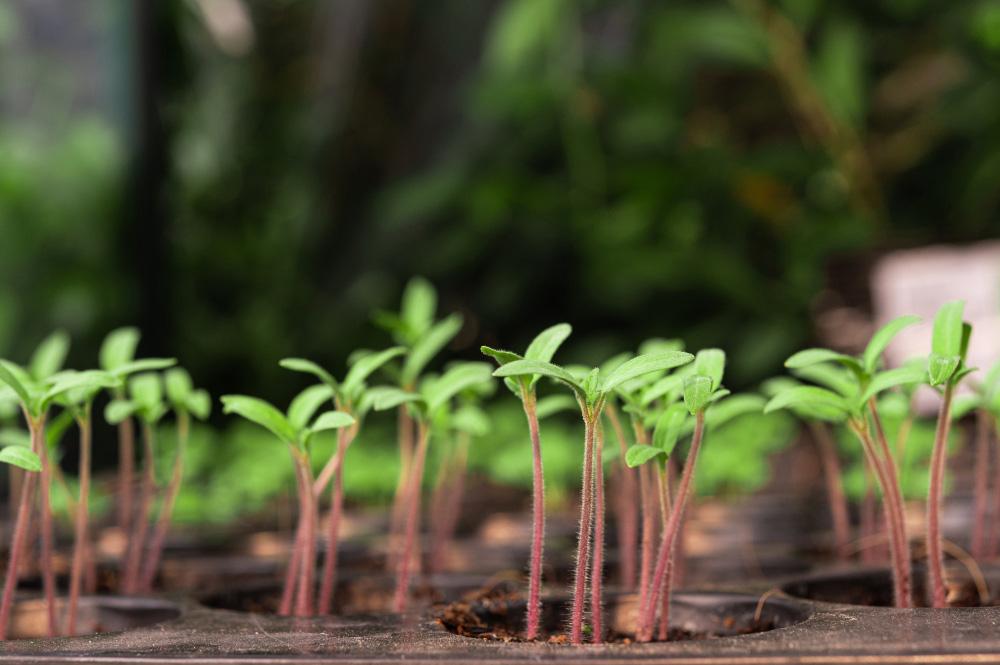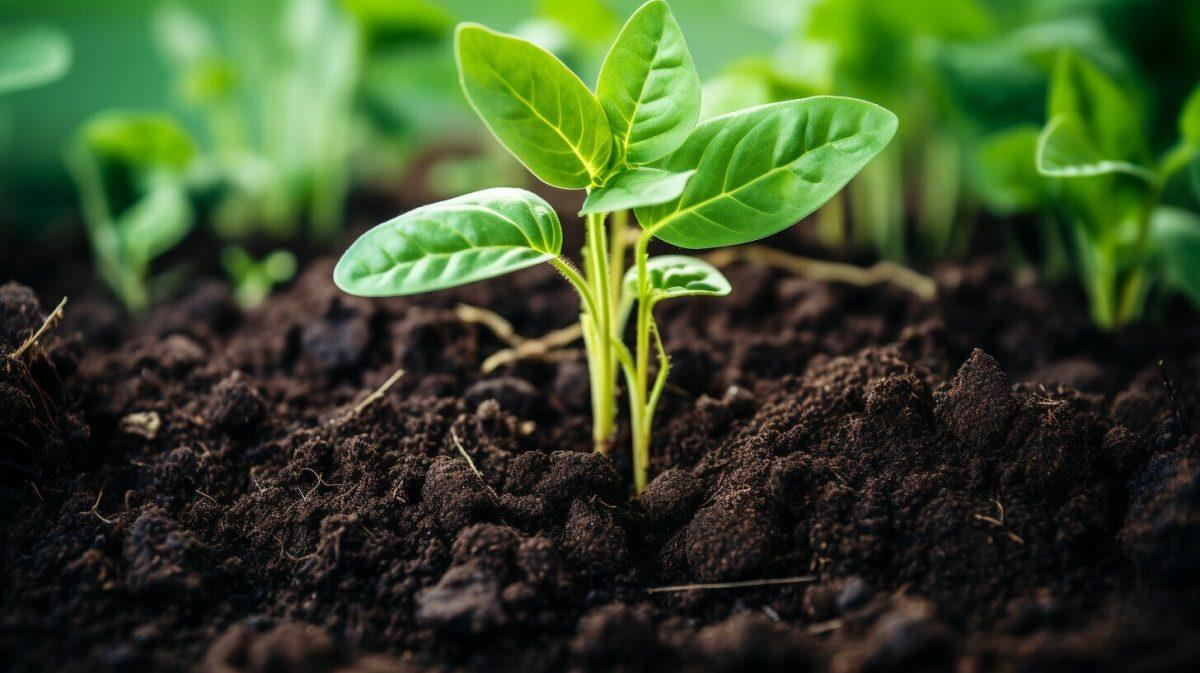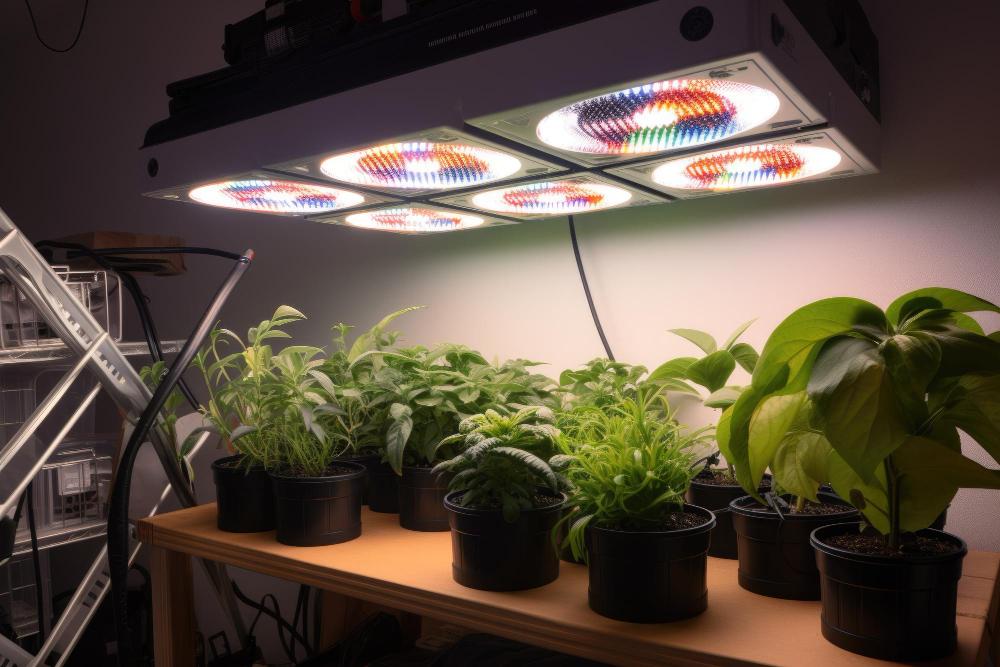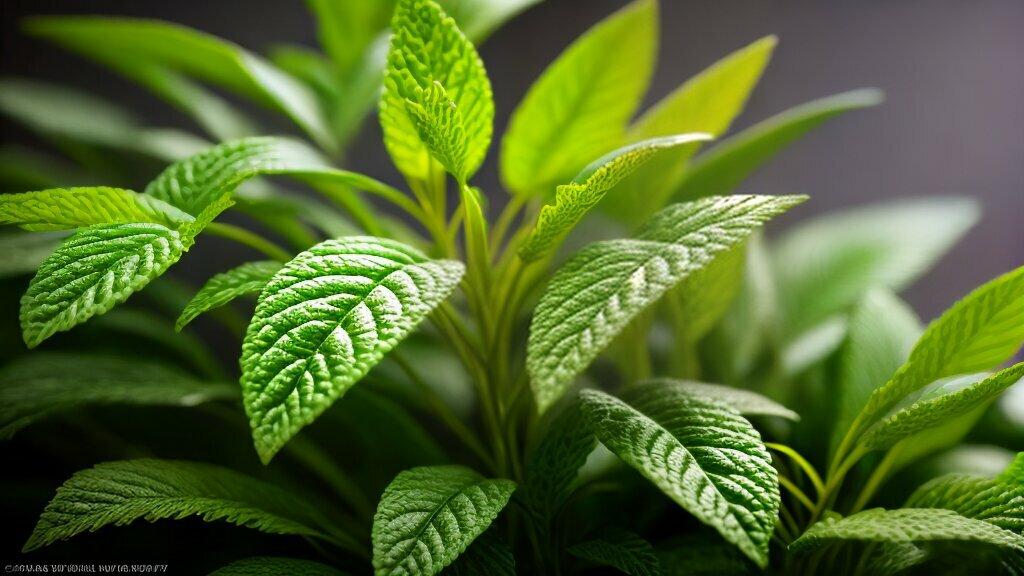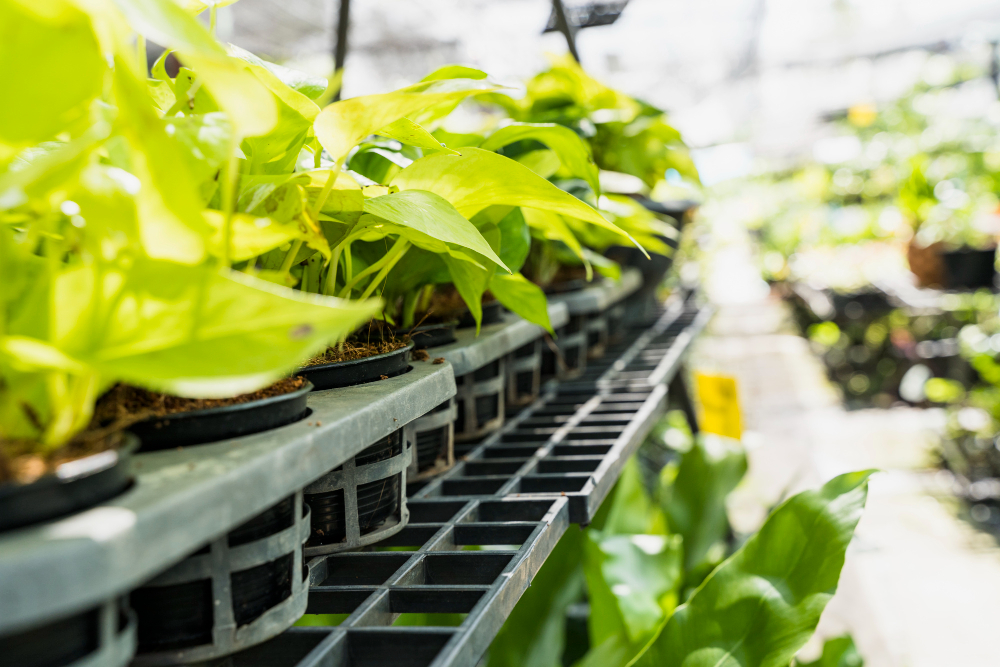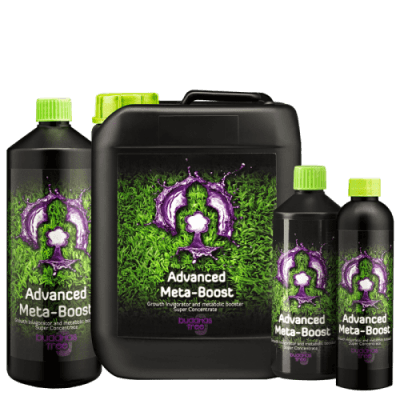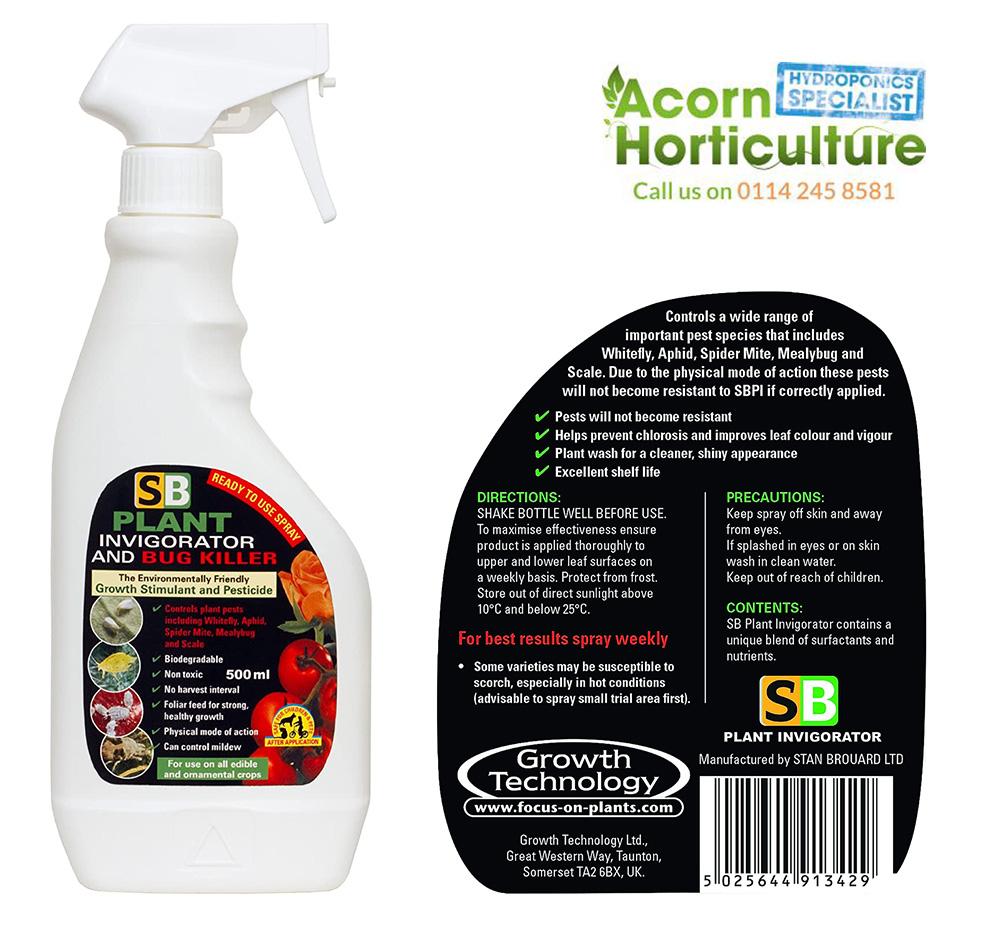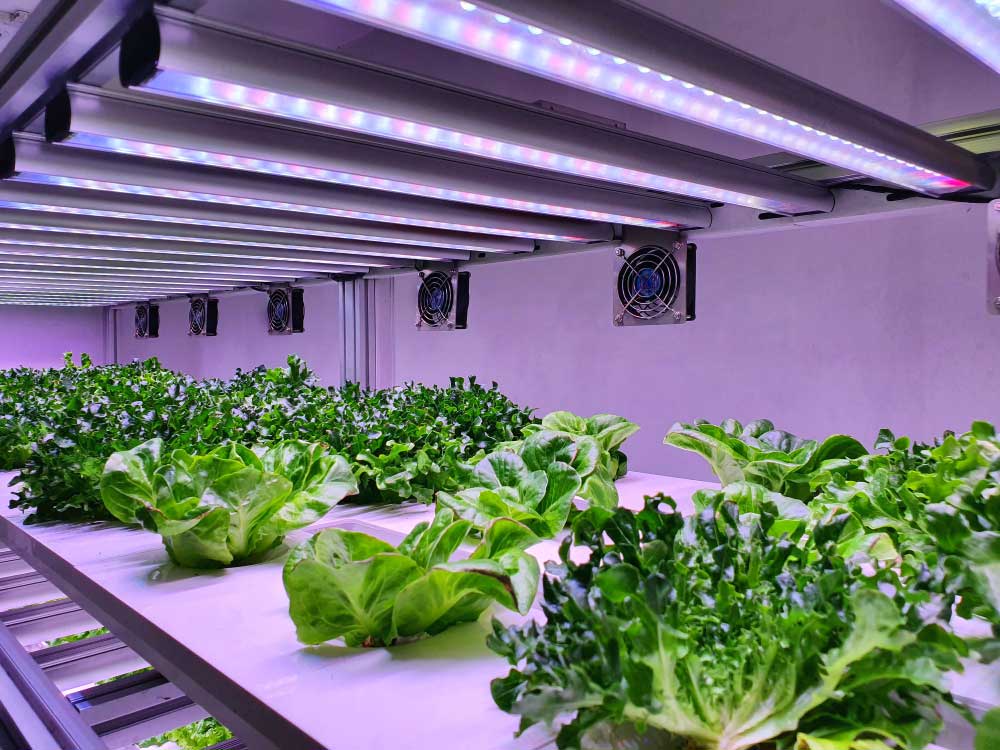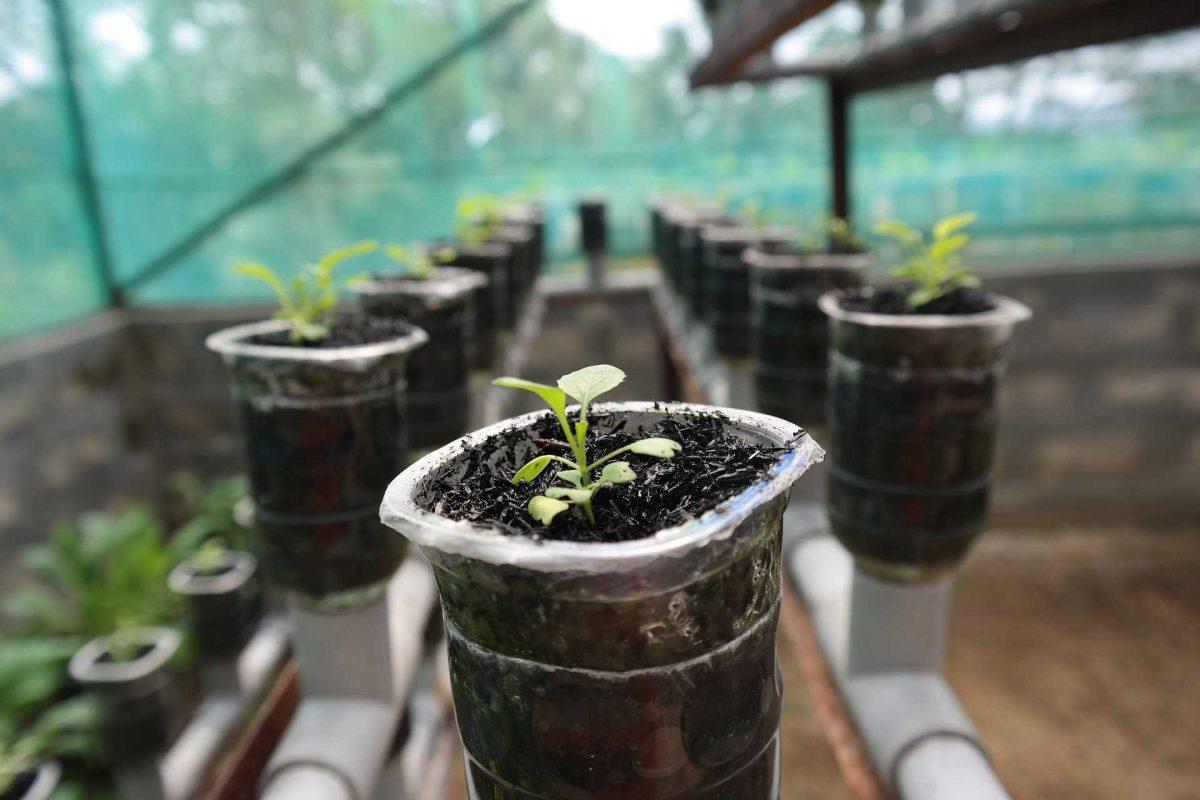Introduction
Hydroponic gardening is a revolutionary method of growing plants without the need for soil. Instead, plants are grown in a nutrient-rich water solution, allowing them to receive their essential nutrients directly from the water they are immersed in. This method of gardening has gained popularity due to its efficiency and the high yield it produces. However, understanding the role of nutrients in hydroponic gardening is crucial for success. This article will delve into the importance of nutrients in hydroponics and discuss the range of nutrients and additives available at Acorn Horticulture.
The Basics of Nutrients in Hydroponics
In hydroponic gardening, plants receive their nutrients directly from the water they are grown in. These nutrients are divided into two categories: macronutrients and micronutrients. Macronutrients are nutrients that plants need in large amounts. They include nitrogen, phosphorus, potassium, calcium, magnesium, and sulfur. Micronutrients, on the other hand, are needed in smaller amounts and include elements like iron, copper, boron, manganese, chlorine, molybdenum, nickel, and zinc.
Each nutrient plays a specific role in plant growth. For instance, nitrogen is essential for leaf and stem growth, phosphorus for root development and flowering, and potassium for overall plant health. Calcium, magnesium, and sulfur are also crucial for various plant functions such as photosynthesis, enzyme activation, and protein synthesis.
The Hydroponic Nutrient Solution
Preparing a nutrient solution for hydroponics involves mixing water with a balanced nutrient mix. This mix should contain all the essential macronutrients and micronutrients that plants need to grow. The pH and temperature of the nutrient solution are also important factors to consider as they can affect nutrient absorption. For instance, most plants prefer a slightly acidic pH, and a solution that is too alkaline or too acidic can prevent plants from absorbing nutrients effectively.
Oxygen is another crucial component in hydroponic systems. Roots need oxygen for respiration, a process that provides them with the energy they need to absorb nutrients. Therefore, ensuring that your nutrient solution is well-oxygenated can significantly improve nutrient uptake and overall plant health.
Common Challenges in Managing Nutrients in Hydroponics
Managing nutrients in a hydroponic system can be challenging, especially for beginners. One common issue is nutrient deficiency, which occurs when plants do not get enough of a particular nutrient. Symptoms of nutrient deficiencies vary depending on the nutrient that is lacking but can include yellowing leaves, stunted growth, and poor yield.
On the other hand, nutrient toxicity, which occurs when plants get too much of a particular nutrient, can also be a problem. Like deficiencies, toxicities can cause a range of symptoms including leaf burn, wilting, and in severe cases, plant death.
Regularly checking your nutrient solution and making necessary adjustments can help prevent these issues. This includes testing the pH and nutrient levels of your solution and adjusting them as needed.
Tips for Successful Nutrient Management in Hydroponics
When it comes to managing nutrients in hydroponics, there are several best practices that can help ensure your plants get the nutrients they need to thrive. First, it’s important to add nutrients to your hydroponic system regularly. As plants absorb nutrients from the water, the nutrient levels in your system will decrease. Regularly adding nutrients can help ensure that your plants always have access to the nutrients they need.
Second, it’s important to mix your nutrient solution properly. This involves adding the correct amounts of each nutrient to your water and ensuring that they are well-dissolved before adding the solution to your system.
Lastly, using quality nutrients can significantly improve your plant’s growth and yield. High-quality nutrients are more likely to contain the right balance of nutrients that your plants need to thrive.
Acorn Horticulture’s Range of Nutrients and Additives
At Acorn Horticulture, we offer a wide range of nutrients, boosters, and additives that can provide the essential nutrients your plants need to grow and bloom to their best potential. Our product range is vast, catering to various growing methods and plant types. Here are some of our top products:
1. Canna Coco (A&B Set): This is a complete professional nutrient for growing plants in coco. It contains all the elements for optimal growing and flowering. CANNA COCO doesn’t have a Veg and Flower variant, but there is one unique formulation for both the growth and blooming phase. It is easy to use, dissolves directly, and is extremely suitable for growing in all watering systems.
2. Vitalink Coir Grow: When using coco as your growing medium, it is advisable to use a coco-specific nutrient. VitaLink Coir Classic contains a range of beneficial ingredients for your plants, including Vitamin B1, which is essential for healthy root development and promoting the general health of your plants.
3. Vitalink Earth Bloom: VitaLink Earth MAX is a mineral nutrient with added Fulvic Acid that has been developed to contain everything plants need for fast growth and healthy plant development along with large yield when growing in soil.
4. Vitalink Fulvic: VitaLink Fulvic improves the way plants transport/absorb nutrients. Through better nutrient availability, the flowering, rooting, and growth of plants are boosted at every stage of the plant’s life cycle.
5. Plant Magic Plus Evolution Foliar Spray: EVOLUTION will significantly speed up vegetative stages and gears the plant ready for forming bountiful fruits and flowers. This is due predominantly to the sheer amount of new growth that forms and the number of healthy new shoots.
Our advice to you is to keep trying different varieties until you find the one that works best for you. Nutrients and additives with the most visible and immediate impact on your crops will be flowering boosters, so if you are new to indoor growing, that’s always a good place to start after choosing a base nutrient. As with everything we sell, if you are unsure, please call us on 0114 245 8581 for expert advice.
Frequently Asked Questions
-
- Q: What nutrients increase plant growth in hydroponics? A: All plants require a mix of macronutrients (nitrogen, phosphorus, potassium, calcium, magnesium, and sulfur) and micronutrients (iron, copper, boron, manganese, chlorine, molybdenum, nickel, and zinc) for optimal growth. The exact balance can vary depending on the specific needs of the plant species.
- Q: What are additives for hydroponic plants? A: Additives in hydroponics are substances added to the nutrient solution to enhance plant growth and health. They can include things like beneficial bacteria, enzymes, and plant hormones.
- Q: What is the best growth enhancer for hydroponic plants? A: The best growth enhancer can vary depending on the specific needs of your plants. However, products like VitaLink Fulvic and Plant Magic Plus Evolution Foliar Spray, available at Acorn Horticulture, are designed to boost plant growth at every stage of the plant’s life cycle.
- Q: What ingredients in hydroponic nutrients promote plant growth? A: Hydroponic nutrients contain a mix of macronutrients and micronutrients that plants need for growth. These include nitrogen for leaf and stem growth, phosphorus for root development and flowering, and potassium for overall plant health, among others.
- Q: How often should I add nutrients to my hydroponic system? A: The frequency of adding nutrients to your hydroponic system can depend on factors like the type of system, the plants you’re growing, and the nutrient solution you’re using. However, it’s generally recommended to check your nutrient levels regularly and add nutrients as needed.
- Q: How do I mix a hydroponic nutrient solution? A: Mixing a hydroponic nutrient solution involves adding a balanced nutrient mix to water. The nutrient mix should contain all the essential macronutrients and micronutrients that your plants need. It’s important to ensure that the nutrients are well-dissolved before adding the solution to your system.
- Q: What is the role of oxygen in a hydroponic nutrient solution? A: Oxygen is crucial for root respiration in hydroponics. It provides the roots with the energy they need to absorb nutrients. Therefore, ensuring that your nutrient solution is well-oxygenated can significantly improve nutrient uptake and overall plant health.
- Q: How do I manage nutrient deficiencies or toxicities in hydroponics? A: Regularly checking your nutrient solution and making necessary adjustments can help prevent nutrient deficiencies or toxicities. This includes testing the pH and nutrient levels of your solution and adjusting them as needed.
- Q: What are the benefits of using high-quality nutrients in hydroponics? A: Using high-quality nutrients can significantly improve your plant’s growth and yield. High-quality nutrients are more likely to contain the right balance of nutrients that your plants need to thrive.
- Q: Where can I find high-quality nutrients and additives for hydroponic gardening? A: Acorn Horticulture offers a wide range of high-quality nutrients and additives for hydroponic gardening. Whether you’re a seasoned hydroponic gardener or just starting out, we have the products and expertise to help you succeed.
Conclusion
Understanding the role of nutrients in hydroponic gardening is crucial for achieving optimal plant growth and yield. By providing your plants with the right balance of nutrients, you can ensure that they grow healthy and strong. At Acorn Horticulture, we offer a wide range of nutrients and additives to help you achieve this. Whether you’re a seasoned hydroponic gardener or just starting out, we have the products and expertise to help you succeed.

